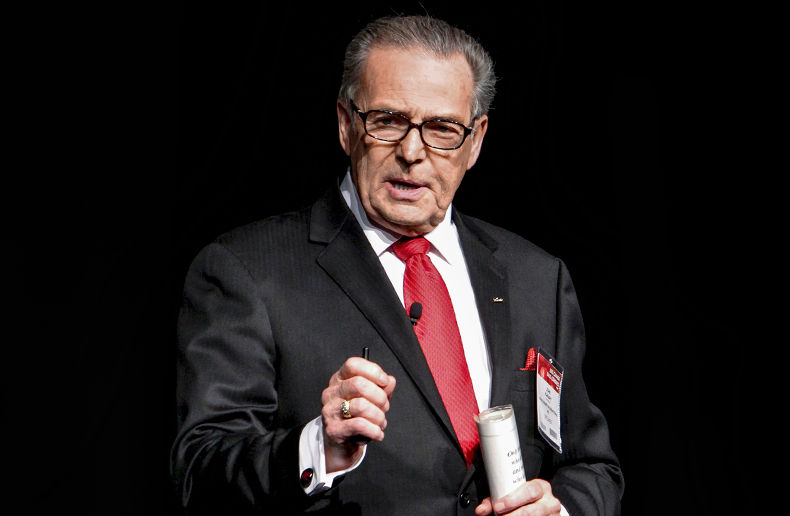Great-West Lifeco CEO addresses insurance conference
By
Kate McCaffery
|
June 16, 2022, 10:54 a.m.

One of the surprises of the COVID-19 pandemic – that virtual work could be accomplished smoothly, effectively, productively and remotely – was one of the biggest takeaways learned in the last 12 to 18 months, says Paul Mahon
This article is reserved to PRO Level subscribers
Discover the PRO Level
Already subscribed? Sign in >
Advertisement
The most popular in Life Insurance
Make your business shine with Visibility360!
Get a PDF version to share in your networks.
I'm interestedHeadlines
Advertisement
Related topics …


















